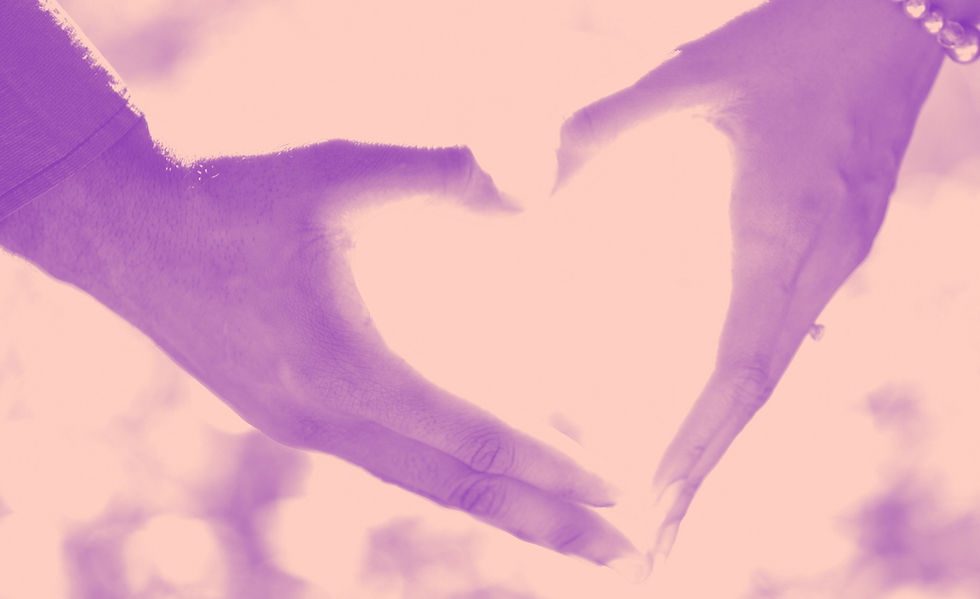A potted history of Eco Business and it’s Language
- janninebarron
- May 22, 2020
- 4 min read
When I founded an organic baby company in 2000, we were on the fringe of good business. The need to regenerate our environment while demonstrating profit was a steep pitch to investors. Organic farming, fair trade and conservation was not the standard language of a business pitch.
As an academic, an environmentalist and a new business owner, it seemed reasonable to embrace the concept of global environmental change as part of my business strategy. I was called idealistic. It was 1995, I was a new mother, and nuclear testing was taking place in the Pacific Ocean. Considering my child's future did not seem idealistic to me. I had the chance to contribute to a positive future for him as I was no stranger to observing society from the edge.
I came across the language of 'the triple bottom line'. That was the only eco-business language I could find to support my business ideas. I found the information in books. There were no search engines, and few of us had personal computers in 1995. I read Natural Capitalism by Hawkins and Lovins in 1999. It was the kind of philosophy and language that made me think I could change the world with my business.
I looked to the few companies worldwide who were operating by the triple bottom line principle as my inspiration to enter the world that I would soon describe as eco-business. Anita Roddick was my hero. Her work at the Body Shop was radical, profitable and impactful for indigenous communities globally. She funded social activism while making a profit. I was inspired.
I have Roddick to thank for the small corner of success and contribution to change that we pioneered at Nature’s Child, in what was once a very toxic baby industry.
Yvon Chouinard, the owner of Patagonia, wrote back in the 1970s that people and the environment could be affected by the way business operated. A concept that will make perfect sense to anyone reading this article in 2020, but this was a radical chapter he was writing 50 years ago for business.
Patagonia seemed like a mythical and inspirational success story to me, a long way away in the USA for a small-town Australian resident. I read everything I could get my hands by what were called green business owners at that time.
Roddick and Chouinard operated under the principle of the triple bottom line. The accounting framework with three parts; social and environmental and financial. It was a radical notion at the time.
Companies like theirs not only pioneered this notion, they proved it was successful, marketable and profitable.
By 2006, the word sustainability came into our lexicon. Followed by words such as recycling, reusing and repurposing. It was lingo for a little while. It is standard business-speak these days.
When Al Gore published "An inconvenient Truth", the response from the general public was overwhelming. It forced the business world into an environmental conversation for the first time on a global scale. Humbly, we were pitching cloth nappies to a mainstream baby chain, and thanks to Gore, we became the first company in Australia to supply a significant store chain with reusable cloth nappies. His book was quite literally the deciding factor in the directors going ahead and taking a chance on us. Business wins like this meant that choices were becoming available to a broader audience for the first time and this would have a real impact on manufacturing and waste down the supply chain.
Around 2007, I remember the first business discussions about carbon. A local businessman in Byron Bay pitched the idea of offsetting carbon emissions. It took months to get my head around what he was talking about, and the concept was so radical. In all honesty, it took years before I understood the power of carbon credits. A decade later, carbon emissions is incorporated in the fabric of some economies.
Around 2011 the words climate change started being used by more than academics and environmentalists, and now in 2020, it is a phrase many of use daily in the mainstream.
In 2020, it is not uncommon to find a business dialogue about the social and environmental impact of business. Corporations like KPMG and Deloitte now tell us they are solving some of the biggest societal challenges through good business practice. And they are. But the path was carved by small enterprises, most of which remain largely unrecognised.
The world has a problem with rubbish in 2020, so I think any business can be confident that the terms zero-waste and plastic-free and ecopreneur have longevity for good, profitable and marketable business.
The big thanks go to consumers. They purchased our products and made our business viable. Consumers responded to this language or even offered it to market as the language they craved.
There has always been a willing audience of consumers hungry for health and environmental care, and they will continue to vote with their wallets.
Jannine Barron
Ecopreneur and Business Mentor




Comments